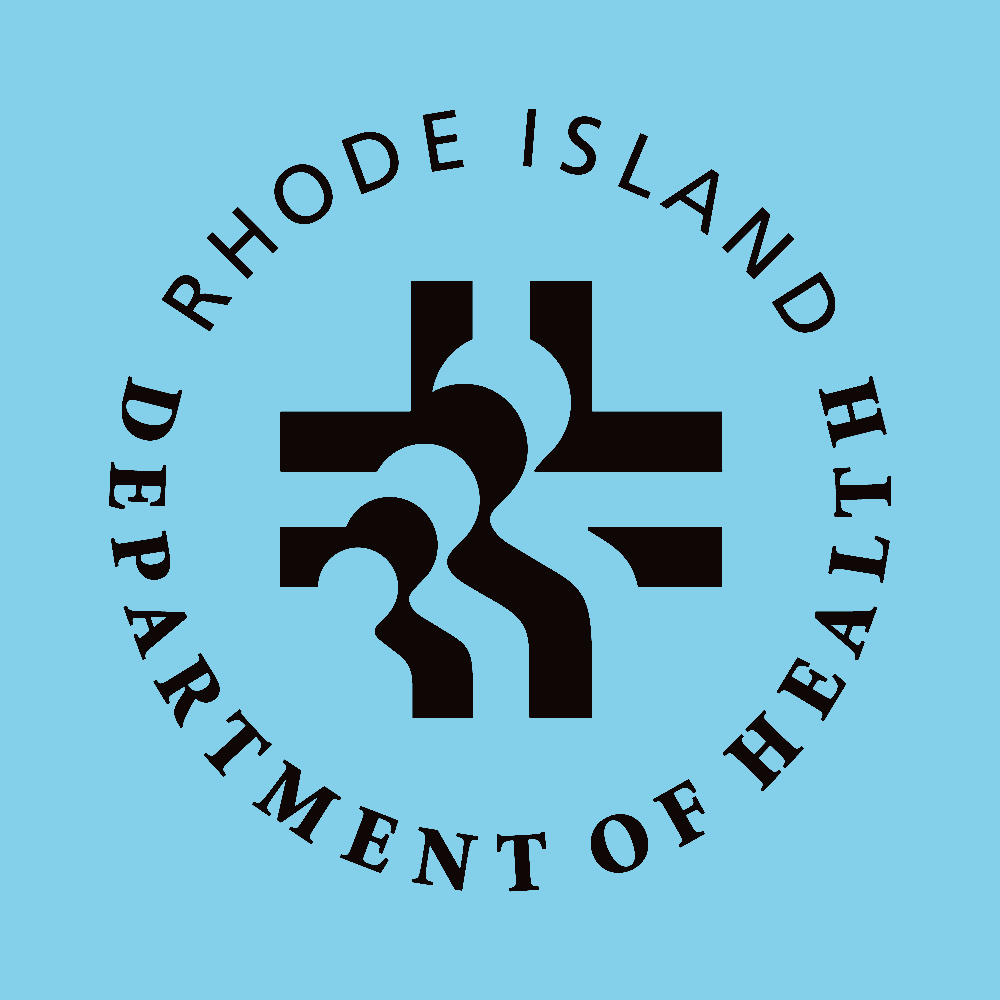
A new treatment for COVID-19 patients is available in RI to anyone who tests positive and is age 65 or older, or has an underlying health condition: a one-shot infusion of monoclonal antibodies. It is most effective when administered as soon as possible after testing positive, and it is hoped that it can reduce severity of sickness and prevent hospitalization.
Monoclonal antibodies are one of the then-experimental treatments given to Donald Trump when he contracted the virus and was hospitalized several months ago, as we reported (“Trump has COVID-19 and it’s not ‘karma’ at all”, by Michael Bilow, Oct 2, 2020): “The AP also reported he received an ‘experimental antibody cocktail’ which The New York Times reported contains Regeneron, an experimental bio-engineered drug made by Eli Lilly, which is in a class of ‘monoclonal antibodies’ that can be designed against a wide range of specific targets, including viruses, cancers and autoimmune diseases.”
At the Department of Health (DoH) press briefing on Friday, January 8, Director Nicole Alexander-Scott said, “Rhode Island now has a doctor-recommended treatment for COVID-19 that is extremely effective at preventing people from developing severe disease and from being hospitalized because of COVID-19. The key, though, is starting early: The earlier you start treatment after testing positive, the better and more effective this can be. After completing a simple infusion, intravenously, of this treatment, many people with COVID-19 start feeling better as early as the next day. The treatment does not require hospitalization, and it’s intended to help prevent people from actually having to be hospitalized.”
Dr. Alexander-Scott has repeatedly emphasized her strategic priority of reducing hospitalizations to protect health care services from being overwhelmed, and this is a major reason the state is pushing the new monoclonal antibody treatment as a matter of policy in addition to its significant benefit to individual patients. Treatment for infection is the third major prong of the state’s pandemic response, along with testing and vaccination.
The goal is to give this monoclonal antibody infusion to as many eligible patients as possible by making the eligibility criteria automatic. Dr. Alexander-Scott said, “If you test positive for COVID-19 and are 65 years of age and older, or you have an underlying health condition, immediately call a health care provider and ask about treatments for COVID-19 you should start with your health care provider.” Patients who do not have a health care provider can access TeleCARE at Brown Emergency Medicine – brownemtelecare.org – to get this treatment, she said, and general information about treatments is available from the DoH website – covid.ri.gov/treatment – directly. “So remember, as we’re expanding testing and you’re getting tested, if you test positive and you qualify, access the treatment that’s available. It makes a difference.”
Dr. Alexander-Scott strongly encouraged the use of the new treatment. “It’s available right away now for everyone who is positive and who qualifies. It has to be ordered by a provider, so your provider has the information. We’ve worked closely with our providers to make sure they know where the resources are, where the infusion sites are, how to get their patient connected, and then we also have the Brown Emergency Medicine TeleCARE option that was described so that you could call and speak to a provider online: That provider can order it for you, get you connected immediately with an infusion site.”
Eventually, the plan is to have infusion sites co-located with larger testing sites, so that eligible patients can get the new treatment immediately after testing positive by a rapid test. “We’re working to build out as many different infusion sites as possible, particularly at places where there is a lot of testing already occurring, so that you can just go to the next room if you’re at one of our testing sites that’s able to accommodate this and get access to the treatment. We want to get at every element,” Dr. Alexander-Scott said. “Thank you to some of our local clinical sites also that are partnering with us to make sure that this treatment can be available in all of the different environments that would work well.”